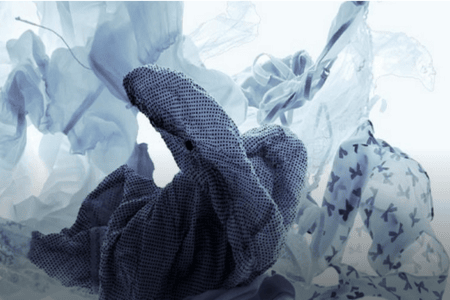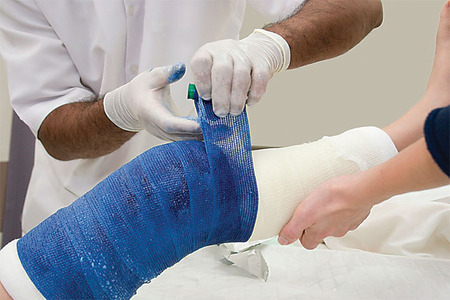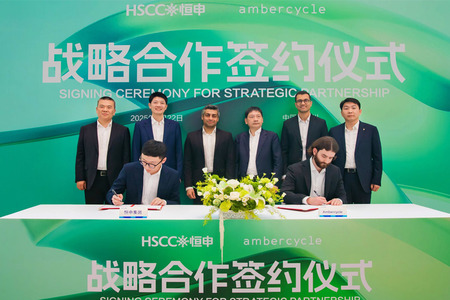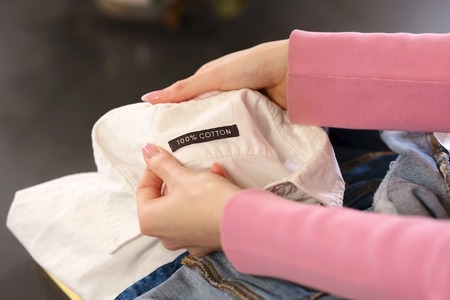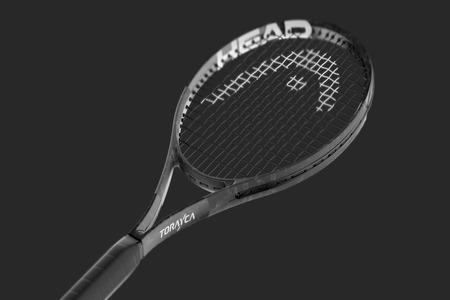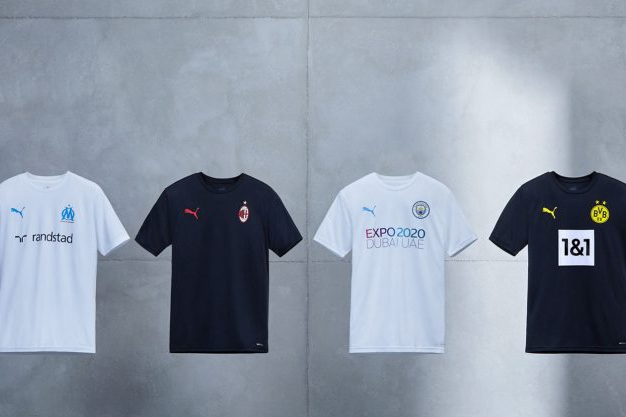
Puma trials garment-to-garment recycling- RE:JERSEY as part of a circularity effort
YarnsandFibers News Bureau 2022-03-24 09:35:28 – GermanySportswear giant, Puma, has announced an innovative production trial to create new football jerseys from current pieces, with the goal of decreasing waste and investigating future circular production methods.
The technology, dubbed RE:JERSEY, allows old clothing with logos, embroideries, and club emblems to be reused, which previously hampered recycling efforts to turn old garments into new ones.
The garments are chemically broken down into their main components in the project's recycling process, which is called depolymerization. Colors are then filtered out, and the material is chemically reassembled by repolymerization to produce a yarn that performs similarly to virgin polyester.
Unlike Puma's current football kits, which are constructed entirely of recycled polyester, RE:JERSEY kits will be made up of 75% repurposed football jerseys. The remaining 25% is made up of Seaqual marine plastic, which is made entirely of post-consumer recycled polyester yarn.
Manchester City, AC Milan, Borussia Dortmund, and Olympique de Marseille will all wear RE:JERSEY goods on the pitch during pre-match warm-ups. The jerseys will be worn by the teams before their respective league matches in late April and May, beginning on April 23 when Manchester City takes on Watford.
Howard Williams, Director Apparel Technology at Puma said that they sought to explore ways to lessen their environmental effect, respect resources, and reuse materials with the RE:JERSEY project. RE:JERSEY provided them with valuable insights that will help us design more circular products in the future.
Puma's Circular Lab and Forever Better sustainability platform include the RE:JERSEY pilot trial. Puma introduced the RE:SUEDE program last year as part of Circular Lab, which investigates the company's ability to develop a biodegradable version of its iconic SUEDE sneaker.
Market Intelligence
Ask for free sample Report

experience
Customer Base
dedicated team
Countries Served Worldwide



